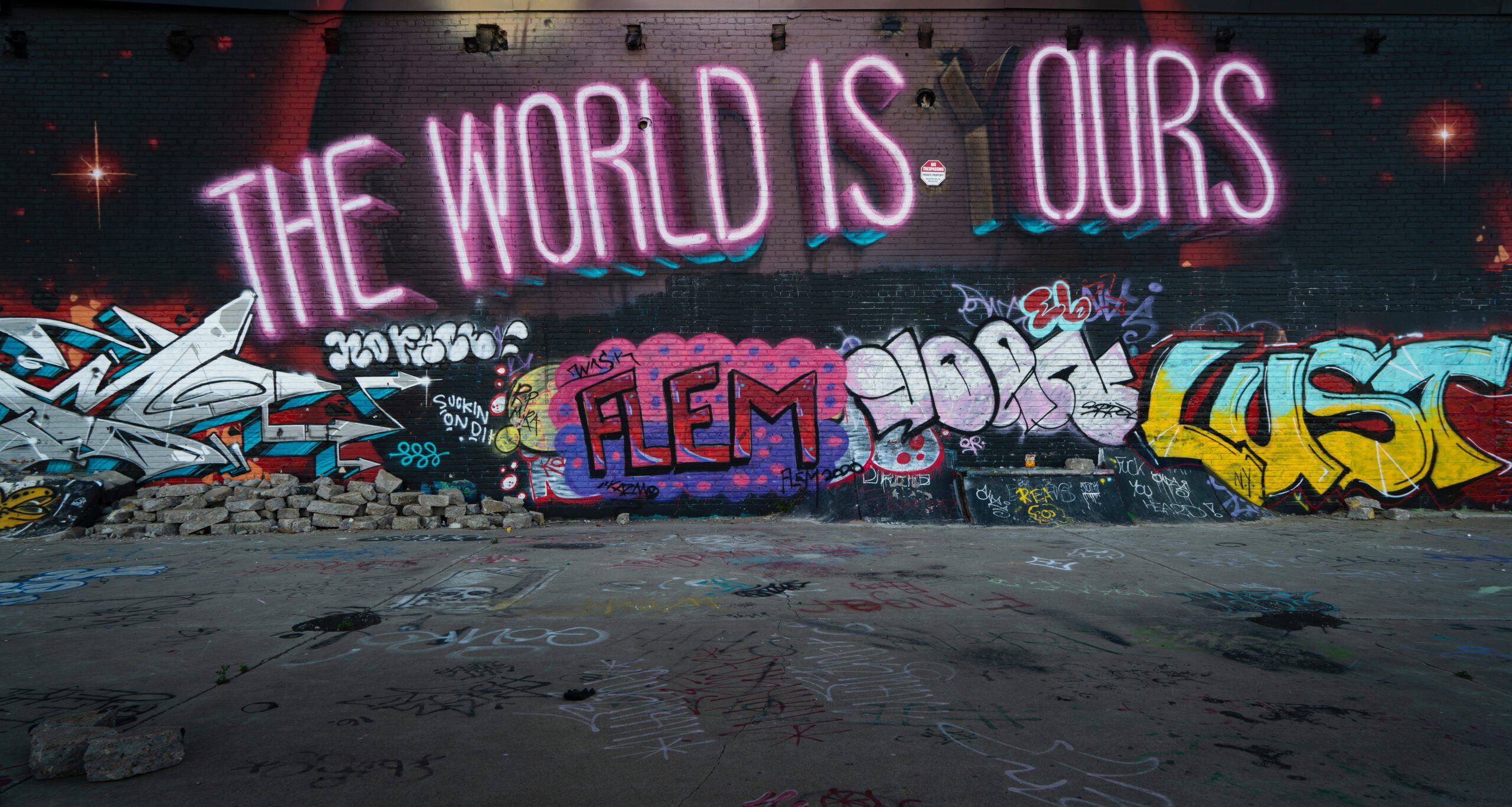Let Thousands of Global (and Local)
Citizen Parliaments Flourish
by Alain Caillé
The very survival of humanity is now threatened. Global warming is getting out of control. The risks of accidents or nuclear attacks are multiplying. Humanist and democratic values are being shattered. The war between states, cultures, peoples, religions, etc. is intensifying year after year. All over the world, young people feel that their future will be dark.

What can be done to avoid catastrophes? International bodies such as the UN and its derivatives can, at best, only arbitrate between states. This is not enough. Who, then, could act before it is definitely too late, and how? The answer is: everyone. We can all act, and tens or hundreds of millions are already doing so, each in their own way. But our actions can only be effective if they are linked by a sense of participating in a common struggle. It is only on this condition that they will be likely to have a planetary repercussion by shifting world opinion and by inventing other ways of living together.
Let’s start from the fact that there is currently no moral authority that is sufficiently legitimate and audible to issue a shared diagnosis and to propose plausible solutions both on a global scale and locally. It is therefore imperative and urgent to create such a plural body empowered to speak in the name and from the point of view of humanity as a whole and capable of stimulating collective reflection on our common future.
Only a global citizen’s parliament, with multiple branches, could embody such a body. And only NGOs or multinational networks, present in several countries or continents, independent of both States and multinationals, are capable of bringing it into being. Similarly, only civic networks that are well established nationally, regionally or locally can contribute to the emergence of national, regional or local branches of the Global Citizen Parliament.
Launch
Should such a plural global citizen’s parliament start and be built ftop down or bottom up? Both.
Top down. 1. A world conference of world-renowned moral, scientific, philosophical, religious, artistic, etc. personalities will call for the constitution of this world citizen’s parliament and will specify its desirable modalities. 2. Networks of global networks involved in the defense of the common good of humanity will nominate members of a World Citizens Assembly, members of a Council of Elders, and will seek the support of global celebrities who will participate in a Support Committee. 3. These same networks will mobilize their continental or national branches, or allied networks, to form continental, national or regional Citizens Parliaments. 4. The latter, in turn, will be able to assist in the constitution of territorial or municipal Citizen Parliaments.
Each Parliament will communicate the results of its deliberations to the Parliaments of higher and lower rank. The final word will be given to the World Citizen Parliament.
Bottom up. But it is neither necessary, nor useful, nor desirable to wait for the upper echelons to be formed before constituting the lower echelons, territorial, municipal, provincial, national, etc. These are called to be self-constituting, self-authorizing, as long as they are inspired by the general spirit of the World Citizens’ Parliament. The more local branches of the World Citizens’ Parliament exist, the easier and faster the formation of the Parliament will be.
Subject
Such a parliament is obviously not intended to legislate on everything. It will have neither the means, nor the expertise nor the sufficient legitimacy. On the contrary, it would be empty and self-destructing if it had to content itself with proclamations as virtuous as they are hollow, such as: “the parliament calls for peace among humans,” “it urges States to do everything possible to fight global warming,” etc.
It will be up to him to identify and advocate globally some concrete measures, particularly significant (tipping), to fight against the three main dangers that threaten our common humanity.
Climate change. For example: should we ban intensive breeding, the thousand-cow farms? Thermal engine vehicles? Why should we do so? Why? How? With what effects?
Moral disruption. For example: how to fight against violence against women, against ethnocides, or mafias?
Economic and social disruption. For example: how to fight against the global explosion of inequalities, and its link with tax havens, corruption and organized crime? Should we decide to adopt a minimum and maximum income and/or wealth? At what level? How should this be done?
The role of the Council of Elders will be to submit proposals on these subjects to be voted on by the Assembly. But its most urgent and specific task could be to draft a new Declaration of the rights and duties of humans among themselves and towards nature. A Declaration inspired by the awareness of the urgency of the challenges to be faced.
At the lower levels, local, municipal, provincial, national, the local antennas will advocate measures of local scope in coherence with what they think should be measures of global scope.
Let us move forward towards a new awareness of the world’s citizens.

